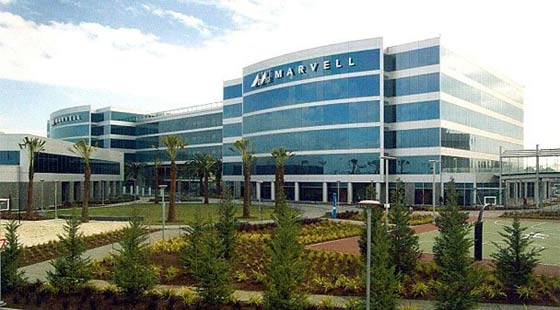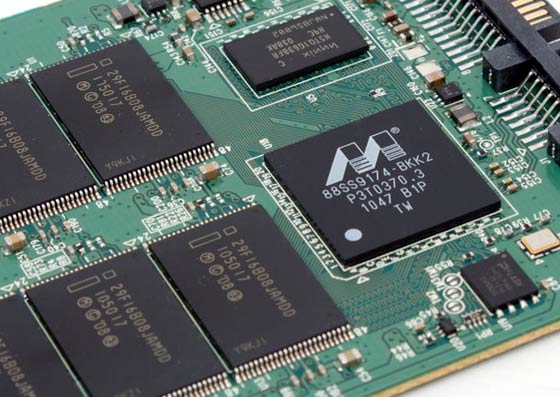Deleted
The way ‘damages’ needs to be looked at and overhauled.
It should be worked out on loss of earnings from,
1) If Marvell didn't infringe the patent how much would CMU have earned from the patent alone (next to nothing at all)
2) If Marvell had licensed the tech from them how much would they have paid over the 9 years.
they seem to have calculated they'd of paid 50c a piece! For over 2 billion devices that's way to high per device.
Then take the higher of the two amounts, I highly doubt it would be anywhere near the $1.17billion, or $130 million a year
Looking at there financials there total annual revenue is $800-1000 million a year funny how they net lost money in 2009 the year they started the trial!
Whilst I don't disagree with the idea that the damages system needs to be overhauled, a few points:
Patents, as a system, were designed to encourage continued IP development by ensuring that, for a limited period, the designer has exclusivity of their inventions. Taking for example the widget manufacturing business (doesn't exist, but it works as an example). If someone develops a new widget that is twice as good as the previous design, be it in longevity, efficiency or any other tangible or intangible manner, this is advantageous to society as a whole. Fantastic, until someone else can come along, takes a look at your widget and produces the same thing, probably a little cheaper.
Well that's how competition works, isn't it? Possibly, but if you allow that, who is going to invest in expensive R&D to design the next generation of widget? Especially if they can't recoup the development costs (ignoring intangible factors like a ‘halo’ effect on the brand as being innovative etc.) because the minute they release the product (or in some cases even the idea) into the public realm, it can be copied and reproduced without all that expensive R&D the original inventor went through to develop it.
So, you allow a limited monopoly for a time (subject to other regulation, for example competition regulation etc) to ensure continued research and development for the public good. If you do this, you then have to have a system of penalties to respond to ‘infringement’ of this exclusivity period granted under a patent. If you didn't, then what is the point in having a patent system?
It is perhaps the calculation of these penalties for infringement that seems to be most contentious, so how do you equitably determine the method of recourse? A few options:
- You get the party which profited from the patented matter to repay the patent holder on a pound for pound basis on their profits from the sale of the infringing goods.
- You get the party which profited from the patented matter to enter into a licencing arrangement with the patent holder, and pay all sums due from the time infringement started
- You get the party which profited from the patented matter to pay a fine to the patent holder of a nominal amount
In reality, it will be a combination of the above. If you choose just one of the above it is not an effective deterrent. An example from a different context, but illustrates the point: Remember the Ford Pinto? Where Ford knew that the fuel tank in the Ford Pinto could rupture under certain accident conditions (the vehicle being struck from the rear, I seem to remember) and burst into flames? They calculated it was cheaper to pay the few lawsuits that potentially would stem from it rather than the financial and reputational costs of issuing a recall. You'd find the same in patents. It would be cheaper to infringe, then if you are subsequently found to infringe, either pay up or go bust, leaving the patent holder either substantially less remunerated or empty handed.
So the penalty for infringement has to be high enough, and the system of enforcement (the courts) be robust enough that there is a very real deterrent effect on infringing patents, especially where the infringement is deliberate. Whilst the status quo is perhaps flawed as a system, to misquote Churchill, it is the worst system, but for all the rest.
Contrast this, for example, with keeping an innovation secret. Why do you think famous recipes are kept under close guard? Because if you patent something, you have only a time limited right to it. If you keep it secret, you can have it in perpetuity, potentially. However that (in the tech world at least) radically reduces the monetisation of the invention, and usually precludes the potential for universal adoption and compatibility. It also has the potentially to stall development as people become tied in to proprietary ecosystems which are not compatible with each other because the mechanics of how they work is kept secret. Not exactly conducive of the modern technological utopia we hope for, is it?
















